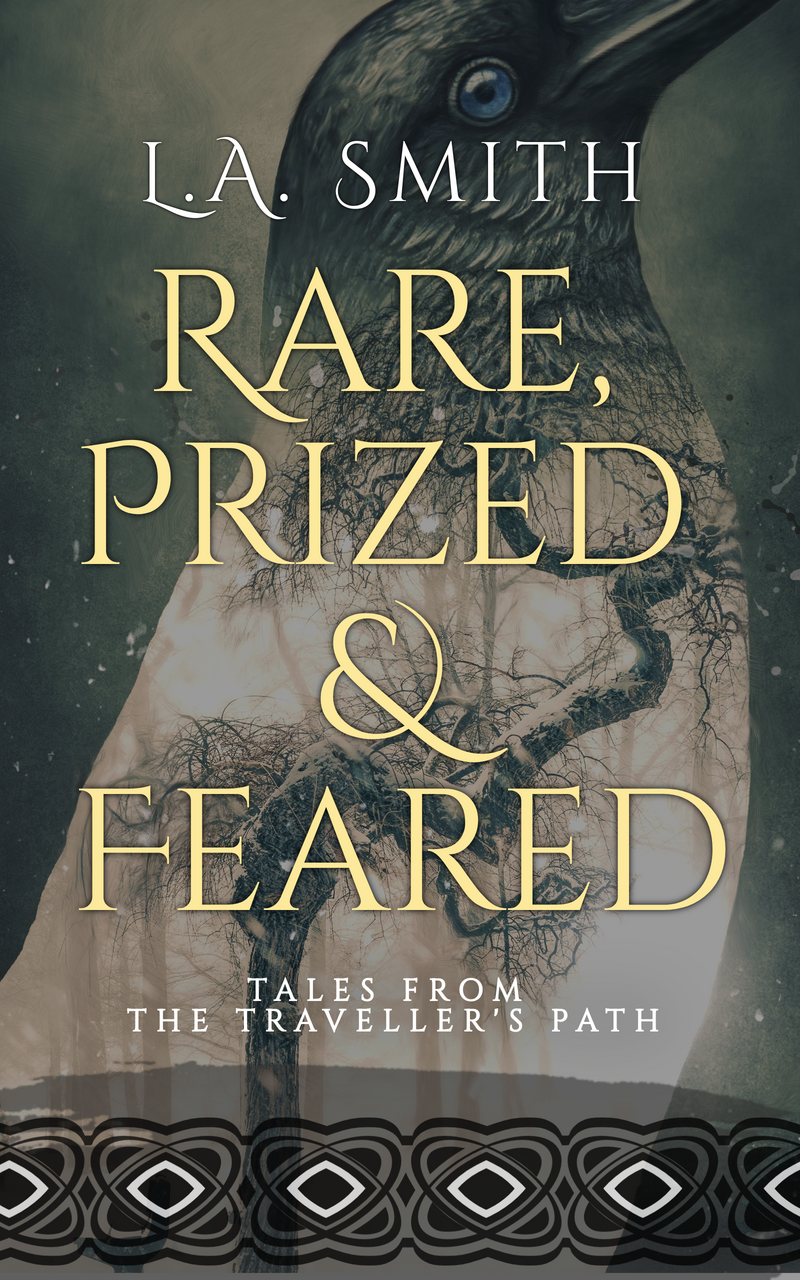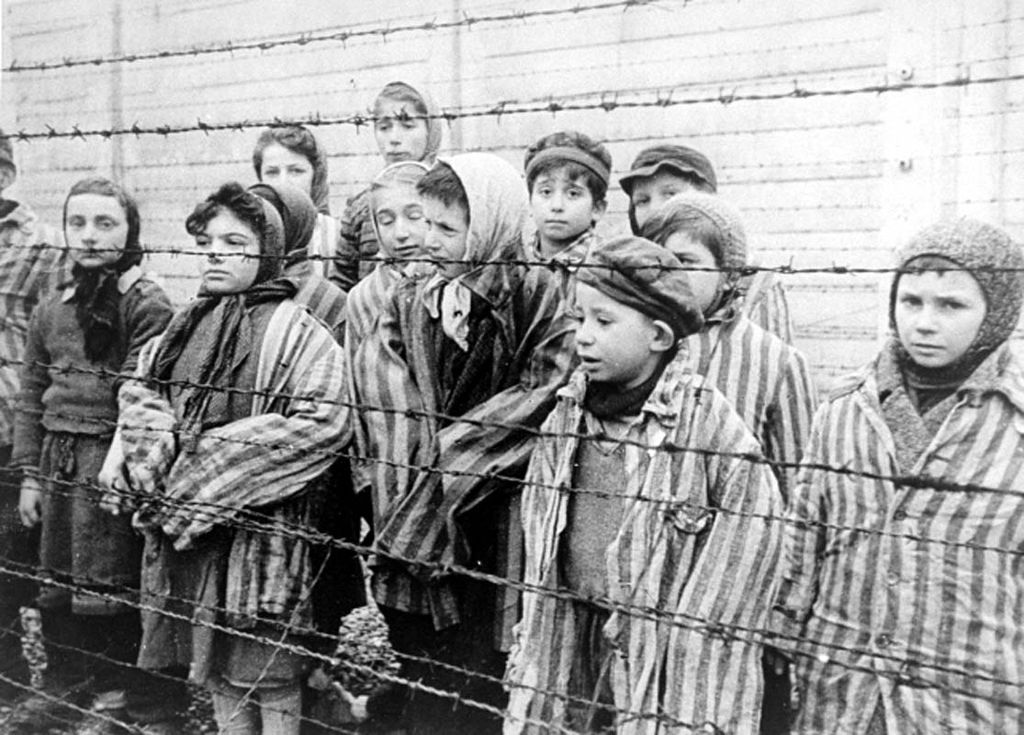
Newsletter
Yes! Send me my FREE short story collection and sign me up for those exclusive subscriber goodies!
We value your privacy, and will never spam you! View our privacy policy at lasmithwriter.com/privacy

Yes! Send me my FREE short story collection and sign me up for those exclusive subscriber goodies!
We value your privacy, and will never spam you! View our privacy policy at lasmithwriter.com/privacy
73 years ago today, on June 12, 1942, a young teenager received an autograph book, a book she had seen in a shop window and picked out herself as a birthday present. An enticing empty book, with lines. And like many teenage girls and all writers everywhere, that girl looked at those empty lines and began to fill them up with words. A diary recounting her everyday life, her family, her teenage crushes. Altogether ordinary.
But this was 1942 and she lived in Amsterdam during the Nazi occupation and she was Jewish. She and her family had moved to Amsterdam from Germany to escape the Nazis, but unfortunately, their escape was not to last long. Her name, as you might have guessed, was Anne Frank. That diary became her outlet, her secret friend, as she went into hiding with her family. She drafted the diary in the form of a series of letters to “Kitty”, and it is on those pages that she recounts her hopes and dreams. In 1944 she heard a radio broadcast encouraging people to preserve their observations of civilian life in wartime Amsterdam in the form of diaries or letters. She went back over her entries and began to organize them in a way that would make sense to future readers.
Tragically, Anne’s family was betrayed and they were arrested in 1944, mere months after that radio broadcast. Anne and her sister ended up in Bergen-Belsen concentration camp, where she survived in that hellish place until the early months of 1945. In February or March of that year, a few months before its liberation in August, both girls died, probably of typhus. Anne was 15.
A Jewish girl died in a concentration camp during WWII. That particular tragedy was magnified by the weight of so many more lives snuffed out by the horrors of the war. It would have gone unnoticed, except as one of the numbers that make up the 6,000,000 exterminated by the Nazis in their Final Solution. Can we just pause for a moment and think about those luminous lives, and let our heart ache just for a moment?

Young survivors of Auschwitz, January 1945. Most children under 15 were gassed right away. Perhaps these had arrived shortly before the liberation? Anne had just turned 15 a couple months before her arrest, so barely escaped the gas chamber.
Now let’s return to that attic where Anne and her family were hidden. Picture it in the day after the arrest: silent, clothes hanging on hangers, food waiting to be eaten, belongings tossed here and there. Meip Gies, who, with others, had hidden the family, returned with her friend to see if there was anything they could collect for the Franks to give back to them. And there they found the family photo albums and a bunch of loose-leaf papers, strewn on the floor. Upon glancing at them, Meip realized that they were Anne’s diary, in which she had seen Anne writing, and she collected them all to give back to Anne. Meip went to the police headquarters and offered to pay for the Frank’s family release, but to no avail. Fortunately, Meip and her husband were spared arrest, survived the war and were reunited with Otto Frank, Anne’s father, who had survived Auschwitz. Once Anne’s death was confirmed by the Red Cross, Meip gave the collected papers to Otto.
Those precious papers, Anne’s diary, continue to teach us so much about those dark times and the suffering and bravery of the people who lived through it. And all because Anne picked up a pen and started to write, two days after her birthday, about the things that made up her life. And because Meip recognized the value of those left-behind papers and saved them for Anne, and so for all of us.
Anne writes in her diary:
I want to be useful or bring enjoyment to all people, even those I’ve never met. I want to go on living even after my death! And that’s why I’m so grateful to God for having given me this gift, which I can use to develop myself and to express all that’s inside me!
When I write I can shake off all my cares. My sorrow disappears, my spirits are revived! But, and that’s a big question, will I ever be able to write something great, will I ever become a journalist or a writer?
Oh, Anne, all of us writers have that question haunting our days. Will we ever be able to write something great? Of course Anne never got to see the difference her words have made in this world. One wonders if she ever thought about recounting her experiences in the camps, if she ever sought out some small scrap of paper and a nub of a pencil and scribbled anything down in the waning hours of darkness as night fell and she had a few moments before exhaustion sent her to sleep. Or was the horror too big for words? It’s almost too much to think about.
So, here’s to you Anne. Thank you for using your gift, for realizing that it could serve a larger purpose than just to amuse yourself. Here’s to you Meip, for sheltering that family (and others) and doing what you could to give some hope in those dark, dark days. And for seeing those papers and realizing that the words on them were Anne’s and therefore important to her family. For doing another kindness in the midst of your fear and grief to collect them, and in doing so, allowing Anne’s extraordinary voice to be heard.
And here’s to all the writers who have moved me and encouraged me and challenged me and made me the person I am. I’m so glad you filled your enticing empty pages with words, fighting through your doubts and insecurities to tell the story you needed to tell.
One wonders what happened that day the police came to the attic, how the papers ended up strewn over the floor. I suspect they did a quick rummage through the place, looking for valuables, intending to come back later to do a more thorough search. Their boots perhaps trampled those pages, thrown on the floor after a quick glance at their contents.
They obviously saw them as worthless, those thrown-away words that were the most precious thing of all in that empty attic.